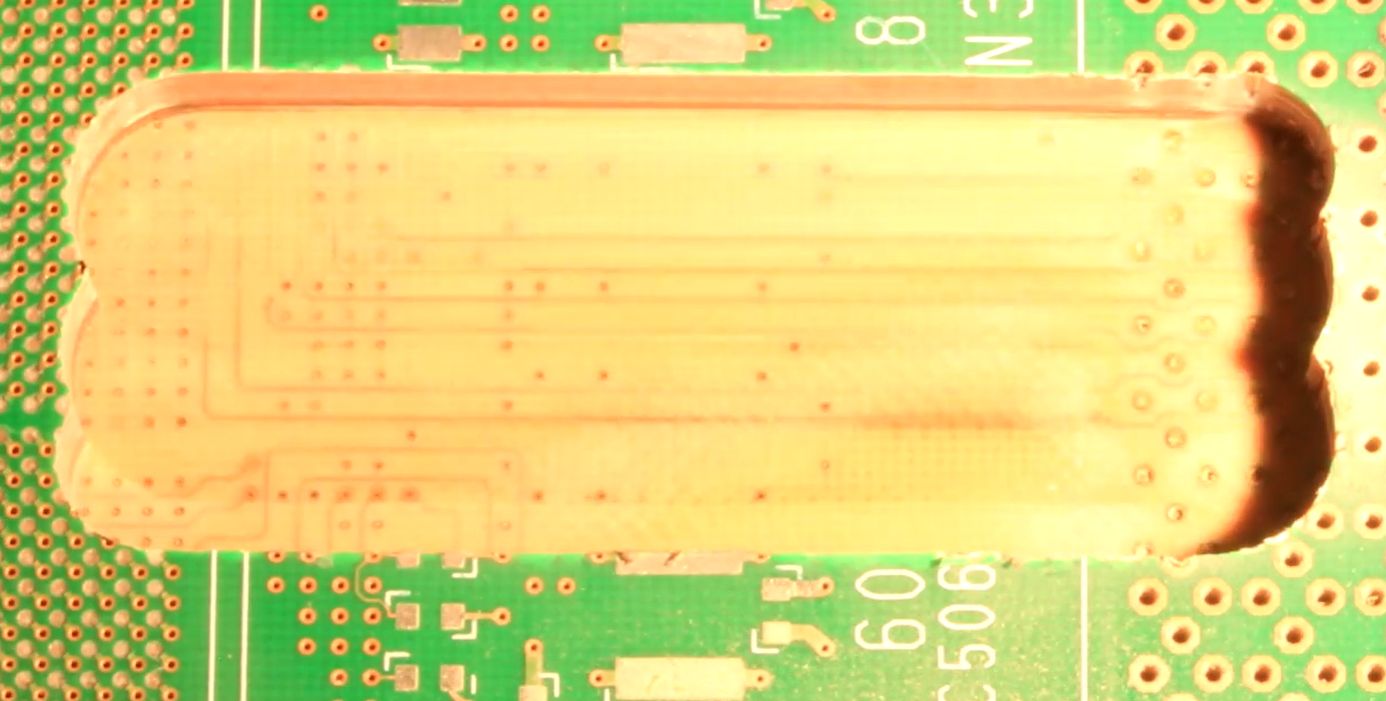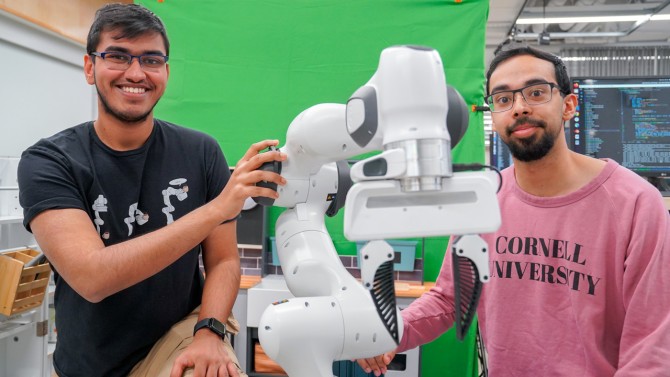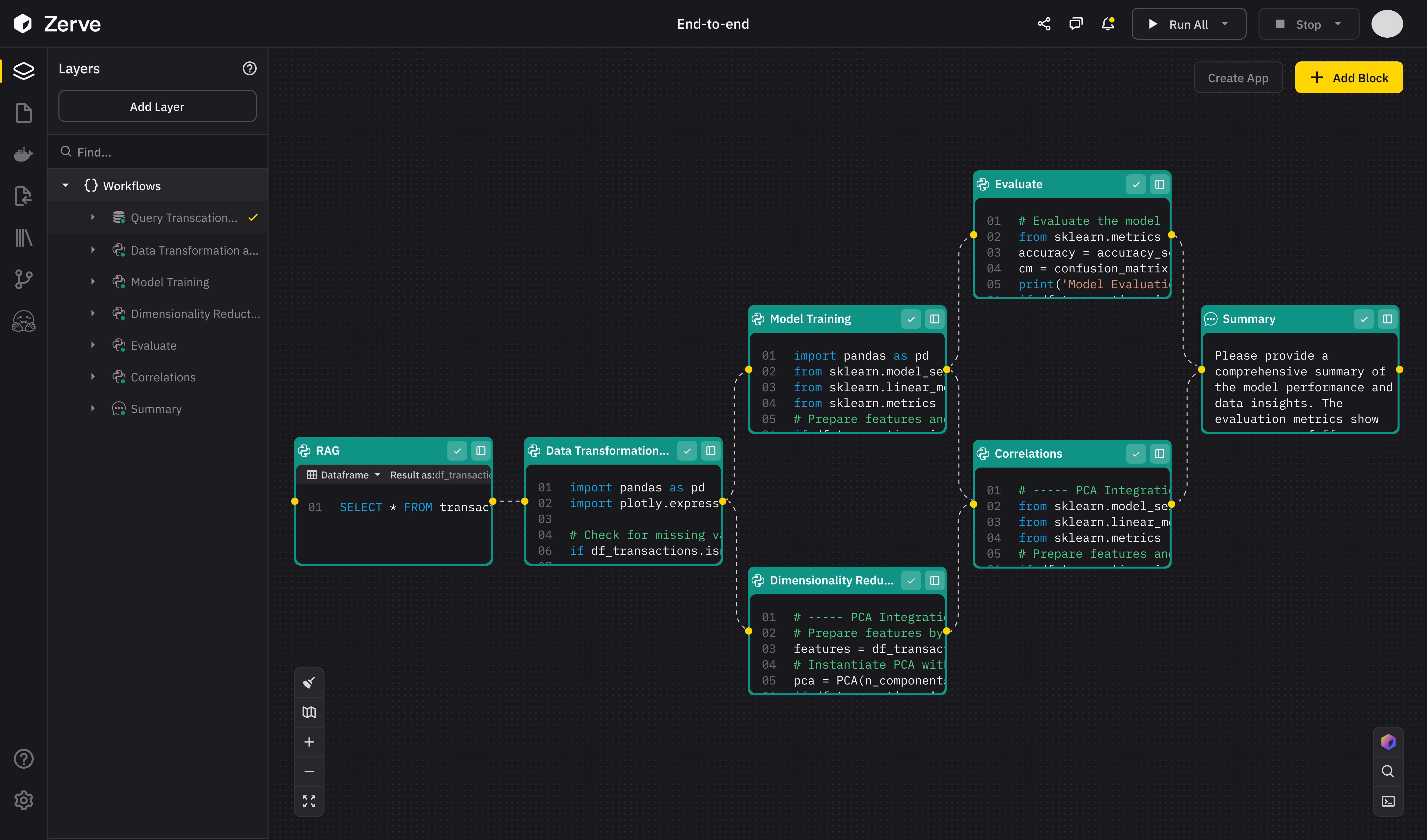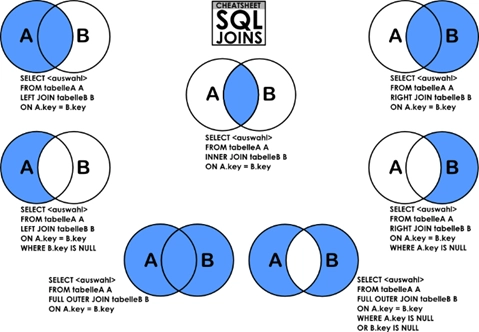Cognichip Emerges from Stealth with $33M to Launch “Artificial Chip Intelligence” and Reinvent Semiconductor Design
In a bold leap forward for semiconductor technology, Cognichip has launched out of stealth with $33 million in seed funding to build what it calls Artificial Chip Intelligence (ACI®) — a foundational shift in how chips are designed, developed, and brought to market. The funding round was led by Lux Capital and Mayfield, with participation […] The post Cognichip Emerges from Stealth with $33M to Launch “Artificial Chip Intelligence” and Reinvent Semiconductor Design appeared first on Unite.AI.


In a bold leap forward for semiconductor technology, Cognichip has launched out of stealth with $33 million in seed funding to build what it calls Artificial Chip Intelligence (ACI®) — a foundational shift in how chips are designed, developed, and brought to market. The funding round was led by Lux Capital and Mayfield, with participation from FPV and Candou Ventures.
The San Francisco-based startup is taking aim at the two largest barriers in chip design: prohibitive cost and time. With development cycles often exceeding 3–5 years and $100 million per chip, innovation in the semiconductor space has slowed dramatically. Founded by industry veteran Faraj Aalaei — who previously took two semiconductor companies public and served as CEO of Centillium Communications — Cognichip plans to change that.
What is Artificial Chip Intelligence (ACI®)?
At the heart of Cognichip's platform is a physics-informed AI foundation model purpose-built for semiconductor design — a sharp departure from traditional tools and processes. Dubbed ACI®, this new system introduces “designer-level cognitive abilities” to AI, enabling it to understand, learn from, and optimize the entire chip development process with human-like reasoning and physics-awareness.
This model doesn’t simply automate workflows — it redefines them. By embedding AI deep into the physics of semiconductor systems, ACI® can analyze global and local variables simultaneously, design components in parallel, and perform constraint-aware optimizations across the chip stack. This conversational design approach replaces the rigid, serial processes that have constrained the industry for decades.
Key performance goals for ACI® include:
- 50% reduction in development time: Thanks to parallelized, AI-driven design cycles
- 75% reduction in cost: By minimizing engineering labor and testing redundancy
- Smaller, more efficient chips: Through real-time optimization of power, performance, and area (PPA) metrics
- Greater adaptability: ACI® enables rapid design variation, supporting smaller, more specialized chips
Why This Matters Now
Despite AI’s exponential rise, semiconductor innovation has lagged. While generative AI models can be deployed in weeks, designing the chips they run on still takes years. This disconnect has bottlenecked hardware advancement and discouraged new entrants.
Cognichip is confronting this head-on. Its technology allows engineers to focus on innovation rather than infrastructure, enabling anyone from major enterprises to startup teams to bring new chips to market — faster, cheaper, and with less expertise required.
Faraj Aalaei, CEO and Founder, explains:
“Even during the AI boom, semiconductor startups remain scarce — only about eight VC-backed chip startups emerge per year today, compared to 200 in 2000. It’s not because of lack of ideas — it’s because the system is broken. With ACI®, we’re rewriting the rules.”
A Veteran Team, a Modern Mission
Cognichip’s founding team is a who's who of AI and semiconductor veterans:
- Ehsan Kamalinejad, Co-founder & CTO: Led Apple’s AI features (like Photo Memories) and pioneered reinforcement learning at AWS
- Simon Sabato, Co-founder & Chief Architect: Former lead architect at Google, Cisco, and Cadence
- Mehdi Daneshpanah, VP of Software: Ex-head of global software at KLA
- Stelios Diamantidis, Chief Product Officer: Creator of Synopsys’ AI-driven DSO.ai platform
Supporting them is a deep bench of PhDs from MIT, Stanford, Berkeley, and the University of Toronto, along with Olympiad medalists in math and physics. This interdisciplinary team is building what could become the world’s first true cognitive engine for chip creation.
From Bottleneck to Breakthrough
Cognichip doesn’t just aim to improve chip design — it seeks to democratize it. With AI handling most of the complexity, small startups and research teams could soon design chips previously reserved for multibillion-dollar firms.
This has enormous implications for:
- AI infrastructure, where customized accelerators are increasingly needed
- Healthcare, which demands low-power, high-efficiency chips for wearables and diagnostics
- Energy, where optimization of compute-per-watt is mission-critical
- Autonomous systems, which require domain-specific silicon at scale
Investors see it as more than a bet on better chips — they see it as a shift in the innovation stack for the entire tech ecosystem.
“This isn’t a tool — it’s a paradigm shift,” said Navin Chaddha, Managing Partner at Mayfield. “Cognichip’s ACI® replaces brute-force design with intelligent, AI-powered creation. It’s the future.”
The Road Ahead: AI Chips, Reinvented
The semiconductor industry stands at a pivotal crossroads. As generative AI systems push the limits of compute demand, there's a growing consensus that traditional chip design methods can no longer keep pace. Major tech firms are now racing to develop AI-specialized chips — from inference-optimized accelerators to domain-specific processors for edge computing, robotics, and energy-efficient datacenters.
However, the bottleneck remains not in fabrication, but in design. Developing these new chips still requires years of engineering effort, massive capital investment, and deep domain expertise — barriers that exclude all but the largest players. This mismatch between the speed of AI model development and the pace of chip design is creating a widening gap in the innovation stack.
Cognichip‘s vision is to close that gap. By introducing ACI®, the company is laying the foundation for a new era where AI doesn’t just consume compute — it actively contributes to creating it. This shift could empower a new wave of hardware innovation, unlocking faster, cheaper, and more tailored chips for everything from personalized medical devices to next-gen autonomous systems.
As the industry moves toward trillion-parameter models and real-time AI at the edge, the demand for agile, optimized, privacy-conscious chips will only accelerate. Cognichip is positioning itself at the center of this transformation — not by making chips faster, but by making chip creation itself intelligent, accessible, and exponentially more scalable.
In this new paradigm, the distinction between software and hardware blurs, and the most important breakthroughs may come not just from new algorithms — but from the machines that design the machines.
The post Cognichip Emerges from Stealth with $33M to Launch “Artificial Chip Intelligence” and Reinvent Semiconductor Design appeared first on Unite.AI.













































































![Trump Tells Cook to Stop Building iPhones in India and Build in the U.S. Instead [Video]](https://www.iclarified.com/images/news/97329/97329/97329-640.jpg)








































































































































































































































![[The AI Show Episode 147]: OpenAI Abandons For-Profit Plan, AI College Cheating Epidemic, Apple Says AI Will Replace Search Engines & HubSpot’s AI-First Scorecard](https://www.marketingaiinstitute.com/hubfs/ep%20147%20cover.png)
























![How to Enable Remote Access on Windows 10 [Allow RDP]](https://bigdataanalyticsnews.com/wp-content/uploads/2025/05/remote-access-windows.jpg)









































































































































































































































